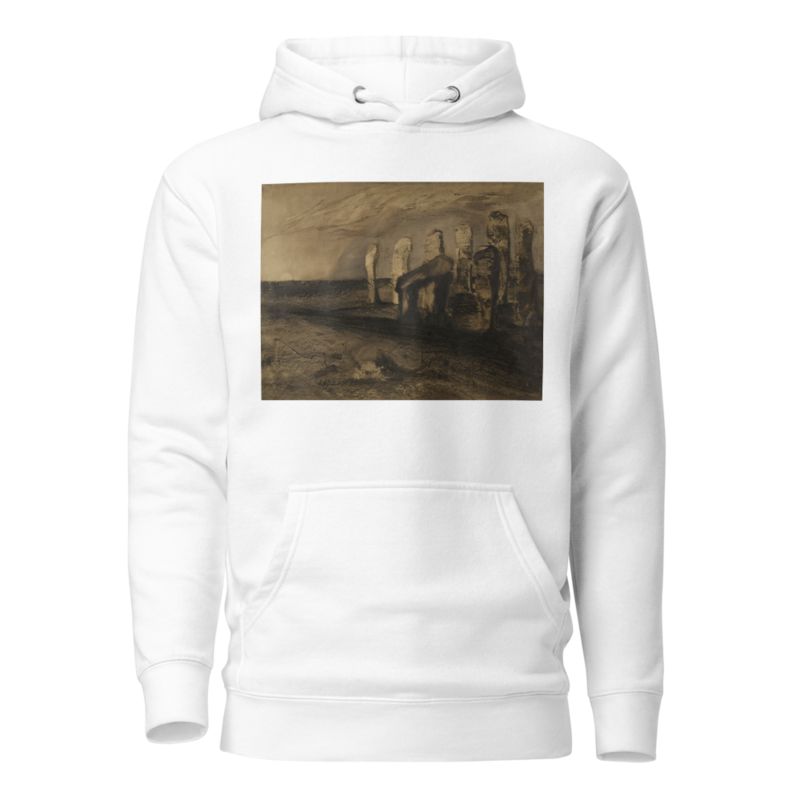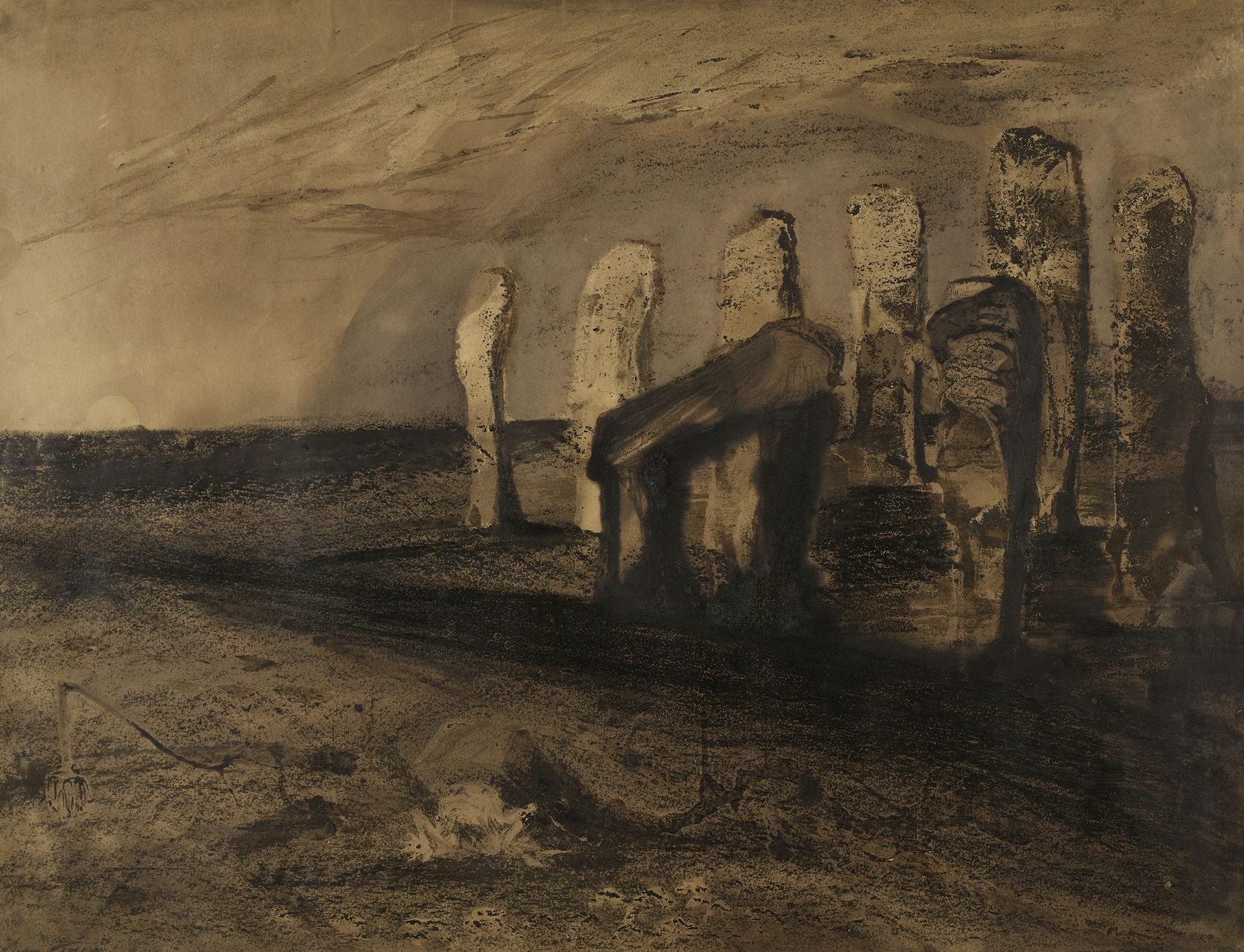Description
Dolmen et menhirs by Victor Hugo printed on a Hoodie
About the Hoodie
Modern fit
It provides a more tailored look than a regular fit
Comfortable
The fabric and fit of this item are extra comfy
Tear-away tag
Easily removable tear-away tag that allows you to add a custom inside label
Premium quality
The product is made from premium, high-quality materials
Classic unisex hoodie with a front pouch pocket and matching flat drawstrings. The 100% cotton exterior makes this hoodie soft to the touch.
- 65% ring-spun cotton, 35% polyester
- Charcoal Heather is 60% ring-spun cotton, 40% polyester
- Carbon Grey is 55% ring-spun cotton, 45% polyester
- 100% cotton face
- Fabric weight: 8.5 oz./yd.² (288.2 g/m²)
- Front pouch pocket
- Self-fabric patch on the back
- Matching flat drawstrings
- 3-panel hood
- Tear-away tag
Victor Hugo (1802 – 1885)
Victor Marie Hugo was a French poet, novelist, and dramatist of the Romantic movement. During a literary career that spanned more than sixty years, he wrote abundantly in an exceptional variety of genres: lyrics, satires, epics, philosophical poems, epigrams, novels, history, critical essays, political speeches, funeral orations, diaries, letters public and private, and dramas in verse and prose.
Hugo is considered to be one of the greatest and best-known French writers. Outside France, his most famous works are the novels Les Misérables, 1862, and The Hunchback of Notre-Dame (French: Notre-Dame de Paris), 1831. In France, Hugo is renowned for his poetry collections, such as Les Contemplations (The Contemplations) and La Légende des siècles (The Legend of the Ages). Hugo was at the forefront of the Romantic literary movement with his play Cromwell and drama Hernani. Many of his works have inspired music, both during his lifetime and after his death, including the musicals Les Misérables and Notre-Dame de Paris. He produced more than 4,000 drawings in his lifetime, and campaigned for social causes such as the abolition of capital punishment.
Though a committed royalist when he was young, Hugo’s views changed as the decades passed, and he became a passionate supporter of republicanism; his work touched upon most of the political and social issues and the artistic trends of his time. His opposition to absolutism and his colossal literary achievement established him as a national hero. He was honoured by interment in the Panthéon.






Reviews
There are no reviews yet.